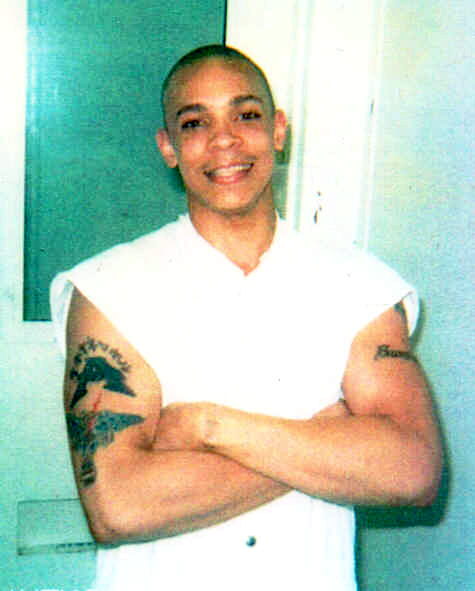By Alex Neve, Secretary General of Amnesty International Canada. Neve is currently at Guantánamo to observe the military commission trial against detainee Omar Khadr. This is the second post in his series from the field.

Omar Khadr was taken into US custody when he was 15 years old.
Once again, proceedings are underway in the case of United States vs Khadr at Guantánamo Bay. And the first question on the minds of many was answered quickly this morning. Omar Khadr was indeed present in court as this latest phase of his military commission hearing opened. He remained throughout the entire day. He was present but he left his legal representation in the hands of his appointed military defence lawyer.
Before the trial itself begins (which is expected on Wednesday after the commission panel of US military officers, akin to a jury, is chosen and sworn in tomorrow), there were a number of motions filed previously by both the defence lawyers and by government prosecutors that had to be dealt with today. They involve such matters as questions of evidence, expert witnesses, legal definitions, and courtroom security procedures. Most have been outstanding for many months and have already been the subject of written briefs or days of witness testimony and oral arguments. Some touch on key human rights concerns that go to the heart of the fairness of this process.
Lawyers took several hours today to make their final submissions on these legal issues. And then in a remarkably terse series of decisions that took no more than 10 minutes, the military judge, Army Colonel Patrick Parrish, ruled against Omar Khadr on almost every point.

Alex Neve stands in front of the building housing the courtroom in Guantánamo Bay, Cuba.
Most anticipated was the military judge’s decision as to whether statements made by Omar Khadr during interrogation sessions he underwent at both the US air base in Bagram, Afghanistan, and at Guantánamo Bay can be admitted as evidence at the trial. Prosecutors clearly want them in. The defence had argued that they should be excluded as they bear the taint of torture and other cruel, inhuman or degrading treatment. Omar Khadr has detailed a range of torture and other ill-treatment he says he was subjected to at that time, including painful physical stress positions, threats of rape, sleep deprivation, use of barking dogs, hooding, shining bright lights into his injured eyes, being used as a human mop to clean up his own urine, and more.
SEE THE REST OF THIS POST


